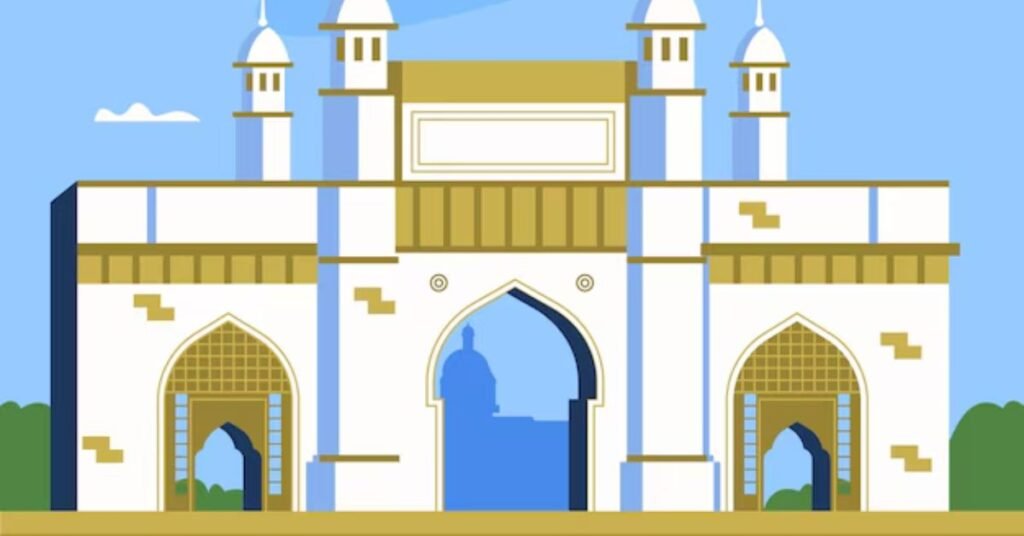Mosquée Al-Nasr in Koekelberg, Belgium, stands as a significant religious and cultural center for the local Muslim community. Located in a vibrant neighborhood, this mosque plays a vital role in fostering unity, spirituality, and cultural exchange. Beyond its religious function, it is also a symbol of multiculturalism, providing a peaceful space for prayer and reflection. As a beacon of Islamic architecture and tradition, Mosquee al nasr koekelberg contributes to the social and cultural fabric of Koekelberg.
This article will explore the history, significance, and cultural contributions of the Mosquée Al-Nasr in Koekelberg. From its role in the community to its architectural beauty, the mosque continues to serve as a cornerstone of faith and cultural integration.
A Brief History of Mosquee al nasr koekelberg
Mosquee al nasr koekelberg was established in Koekelberg to meet the spiritual needs of the growing Muslim population. The mosque became a key place of worship for many Muslim residents in the area. As the Muslim community in Koekelberg expanded, the need for a mosque where people could gather, pray, and share became evident. Since its foundation, Mosquée Al-Nasr has provided a space for daily prayers, religious gatherings, and important Islamic events.
The Importance of Location in Koekelberg
Koekelberg, a vibrant and diverse neighborhood in Brussels, offers a rich blend of cultures and traditions. The mosque’s location in this multicultural area makes it accessible to a wide range of people from different backgrounds. The placement of Mosquée Al-Nasr reflects the inclusive spirit of Koekelberg, promoting understanding and coexistence among its residents. The mosque’s presence has contributed to building stronger connections between the local Muslim community and their neighbors, fostering a sense of unity.
Architectural Significance of Mosquee al nasr koekelberg
Mosquée Al-Nasr stands as an example of traditional Islamic architecture, beautifully merging elements of Belgian design with Islamic motifs. The mosque’s façade features intricate designs, including calligraphy and geometric patterns that reflect Islamic art. Inside, the mosque’s prayer hall offers a serene atmosphere, with simple yet elegant decorations that inspire contemplation. The mosque’s dome and minaret are also key architectural features, symbolizing both spiritual elevation and community identity.
The Role of Mosquee al nasr koekelberg in the Muslim Community
The mosque plays a central role in the religious lives of Muslims in Koekelberg. It serves as a place for daily prayers, Friday sermons, and religious education. The mosque is not only a spiritual space but also a social hub, where community members gather to celebrate important religious festivals like Eid al-Fitr and Eid al-Adha. The mosque’s imams and staff are deeply involved in the religious education of children and adults, offering classes in Quranic studies and Islamic teachings.
Promoting Interfaith Dialogue and Understanding
Mosquée Al-Nasr actively promotes interfaith dialogue, organizing events that bring together people from different religious backgrounds. These events encourage discussions on shared values, cultural diversity, and peaceful coexistence. By fostering these conversations, the mosque helps to build bridges between the Muslim community and other religious groups in Koekelberg. These efforts not only reduce misunderstandings but also promote harmony and respect among all residents.
The Role of Women in Mosquee al nasr koekelberg
Women play an important role in the life of Mosquée Al-Nasr, participating actively in religious activities and educational programs. The mosque offers separate spaces for women to pray, ensuring that they can engage in spiritual practices comfortably. Additionally, women have access to religious classes, workshops, and community gatherings. These programs empower women within the community, giving them the tools to deepen their faith and contribute to mosque life.
Educational Programs and Religious Instruction
One of the key functions of Mosquée Al-Nasr is to provide religious education to its community. The mosque runs Quranic studies programs, teaching both children and adults about the teachings of Islam. These classes cover various topics, including Quranic recitation, memorization, and Islamic history. By offering these programs, the mosque ensures that the next generation is well-versed in their faith and equipped to carry on Islamic traditions.
Social Services Offered by Mosquée Al-Nasr
Mosquée Al-Nasr also provides essential social services to the community, offering support to families in need. The mosque frequently organizes charitable initiatives, distributing food and resources to those struggling financially. These charitable efforts are particularly important during religious holidays, where the mosque organizes food drives and donations to help the less fortunate. The mosque also offers counseling services, providing guidance to individuals and families facing personal or social challenges.
Celebrating Islamic Festivals at Mosquée Al-Nasr
Islamic festivals, such as Eid al-Fitr and Eid al-Adha, are celebrated with great enthusiasm at Mosquée Al-Nasr. These occasions bring together the entire community for prayer, feasting, and celebration. The mosque becomes a focal point for these events, where people come together to worship, share meals, and give thanks. These festivals strengthen the bonds between community members, reinforcing the sense of unity and belonging.
Mosquée Al-Nasr’s Contribution to Cultural Exchange
As a symbol of Islamic culture in Koekelberg, Mosquée Al-Nasr plays a significant role in cultural exchange. The mosque often opens its doors to visitors interested in learning about Islam and Islamic traditions. Guided tours and cultural events provide non-Muslims with an opportunity to engage with the mosque and gain a deeper understanding of its religious significance. These cultural exchanges help break down barriers, encouraging mutual respect and appreciation for different ways of life.
Challenges Faced by Mosquee al nasr koekelberg
Like many religious institutions, Mosquée Al-Nasr faces challenges, particularly regarding misconceptions about Islam. The mosque has worked diligently to address these challenges by promoting positive representation and engaging with the broader community. Through outreach programs and interfaith dialogues, the mosque aims to dispel stereotypes and foster a more inclusive environment. Additionally, the mosque continues to evolve, finding new ways to adapt to the changing needs of its community.
The Future of Mosquée Al-Nasr
Looking forward, Mosquée Al-Nasr aims to expand its community services, offering more programs that meet the spiritual and social needs of its members. The mosque plans to continue its efforts in promoting interfaith dialogue and cultural exchange, ensuring that it remains a place of learning and unity. By staying true to its mission of fostering understanding and peace, Mosquée Al-Nasr will continue to play a vital role in the lives of Koekelberg’s residents.
Conclusion
Mosquée Al-Nasr in Koekelberg is more than just a place of worship—it is a hub of spirituality, education, and cultural exchange. The mosque’s role in promoting interfaith dialogue, providing social services, and celebrating Islamic traditions highlights its significance within the Koekelberg community. As a symbol of unity and inclusivity, Mosquée Al-Nasr fosters a sense of belonging for Muslims and promotes understanding among people of different faiths. By maintaining its commitment to service and dialogue, Mosquée Al-Nasr will continue to be a cornerstone of faith and culture in Koekelberg.
FAQs
1. What is the significance of Mosquée Al-Nasr in Koekelberg?
Mosquée Al-Nasr serves as a key religious, cultural, and social center for the Muslim community in Koekelberg.
2. How does Mosquée Al-Nasr promote interfaith dialogue?
The mosque organizes events that encourage dialogue and cultural exchange between Muslims and other religious communities.
3. What services does Mosquée Al-Nasr provide to the community?
The mosque offers religious education, social services, charitable initiatives, and counseling to support families in need.
4. How does Mosquée Al-Nasr engage women in the community?
Mosquée Al-Nasr offers prayer spaces, religious classes, and community events specifically for women, empowering their participation.
5. What role does Mosquée Al-Nasr play in celebrating Islamic festivals?
The mosque serves as a focal point for celebrating festivals like Eid, bringing the community together for prayer and celebration.



